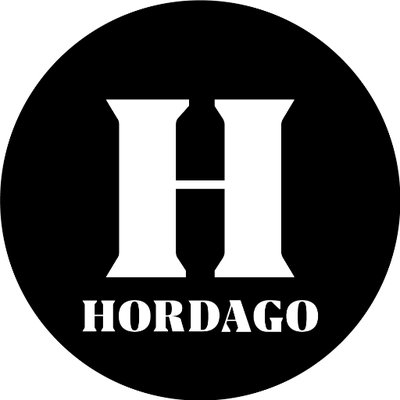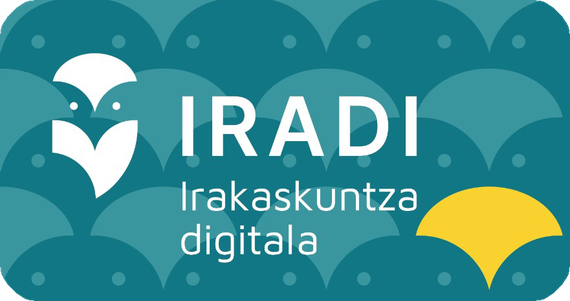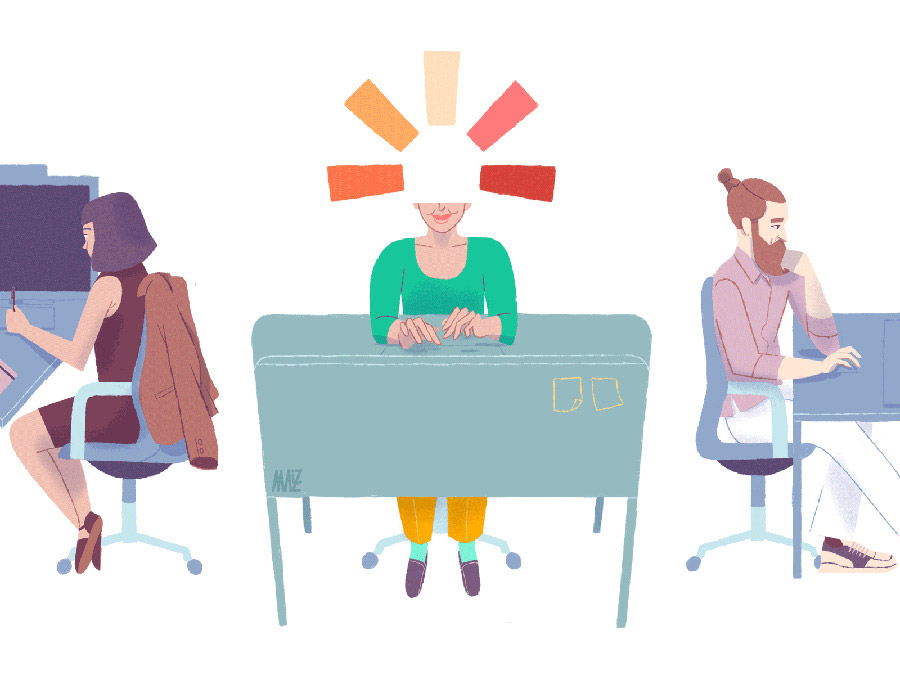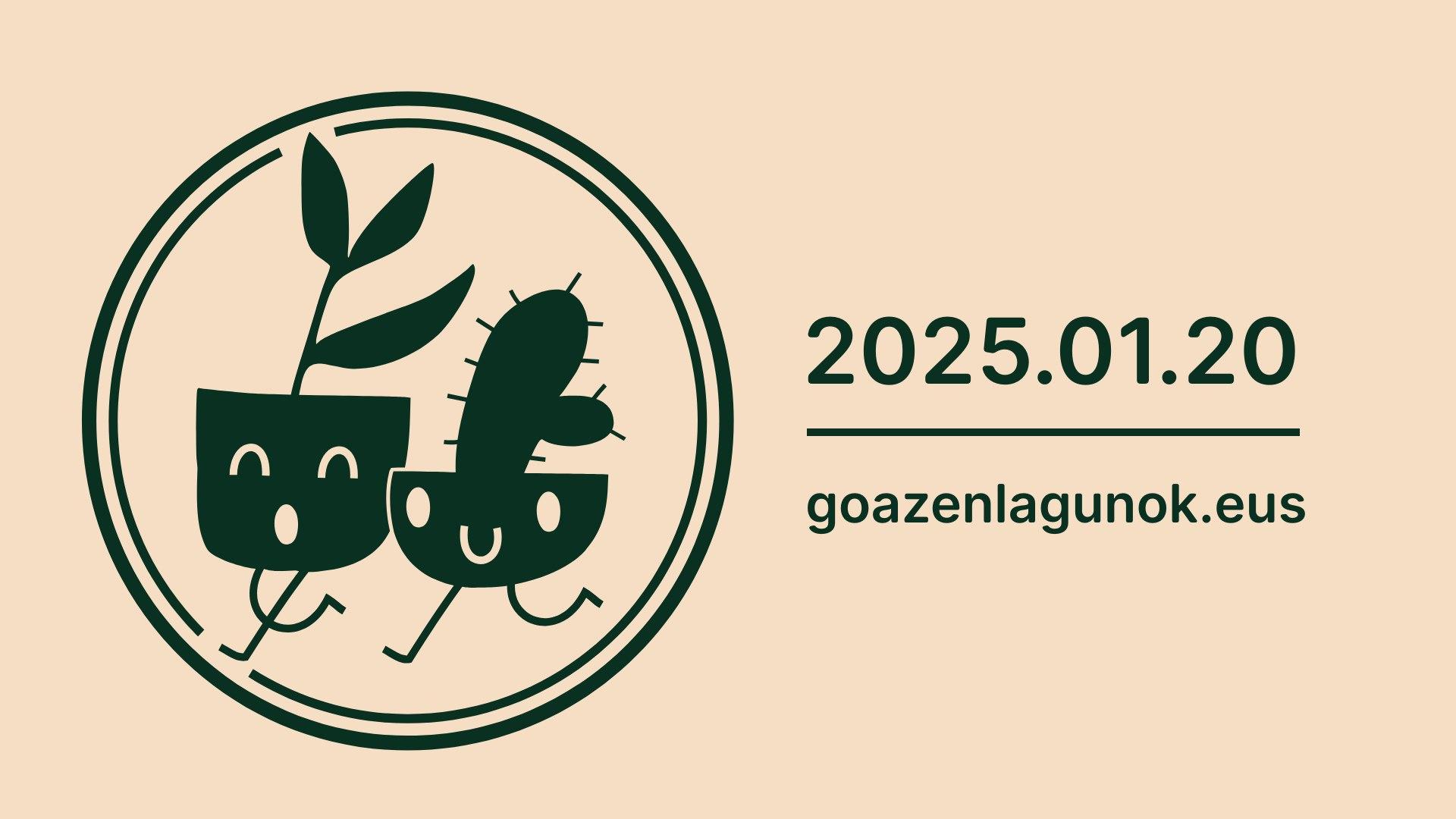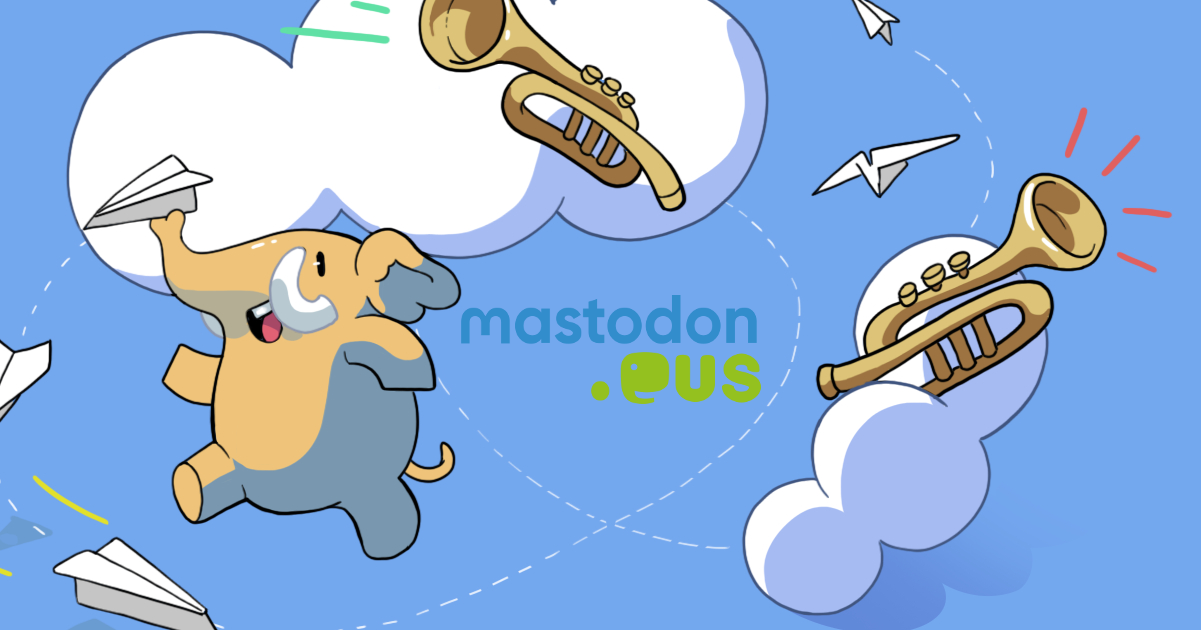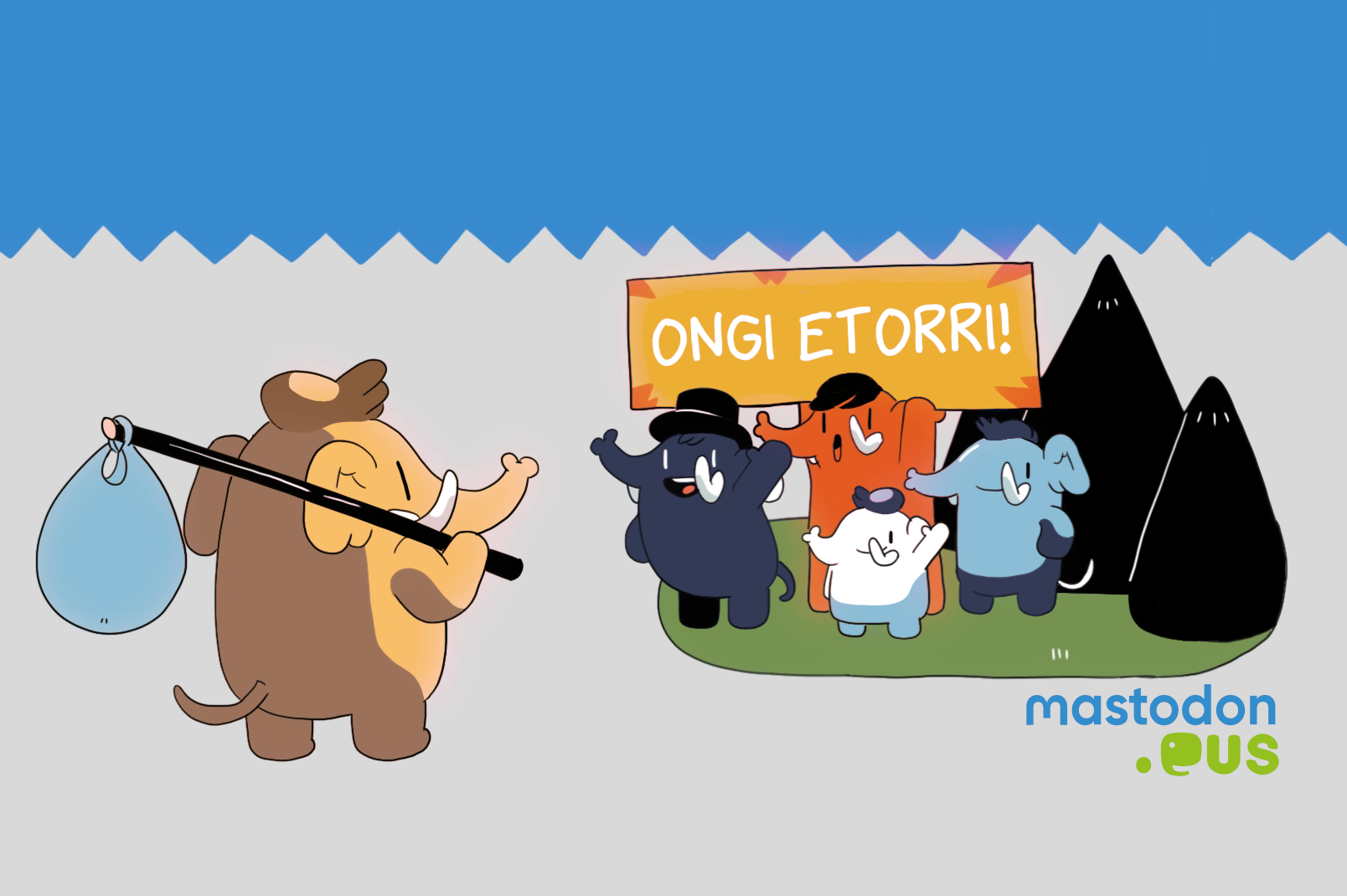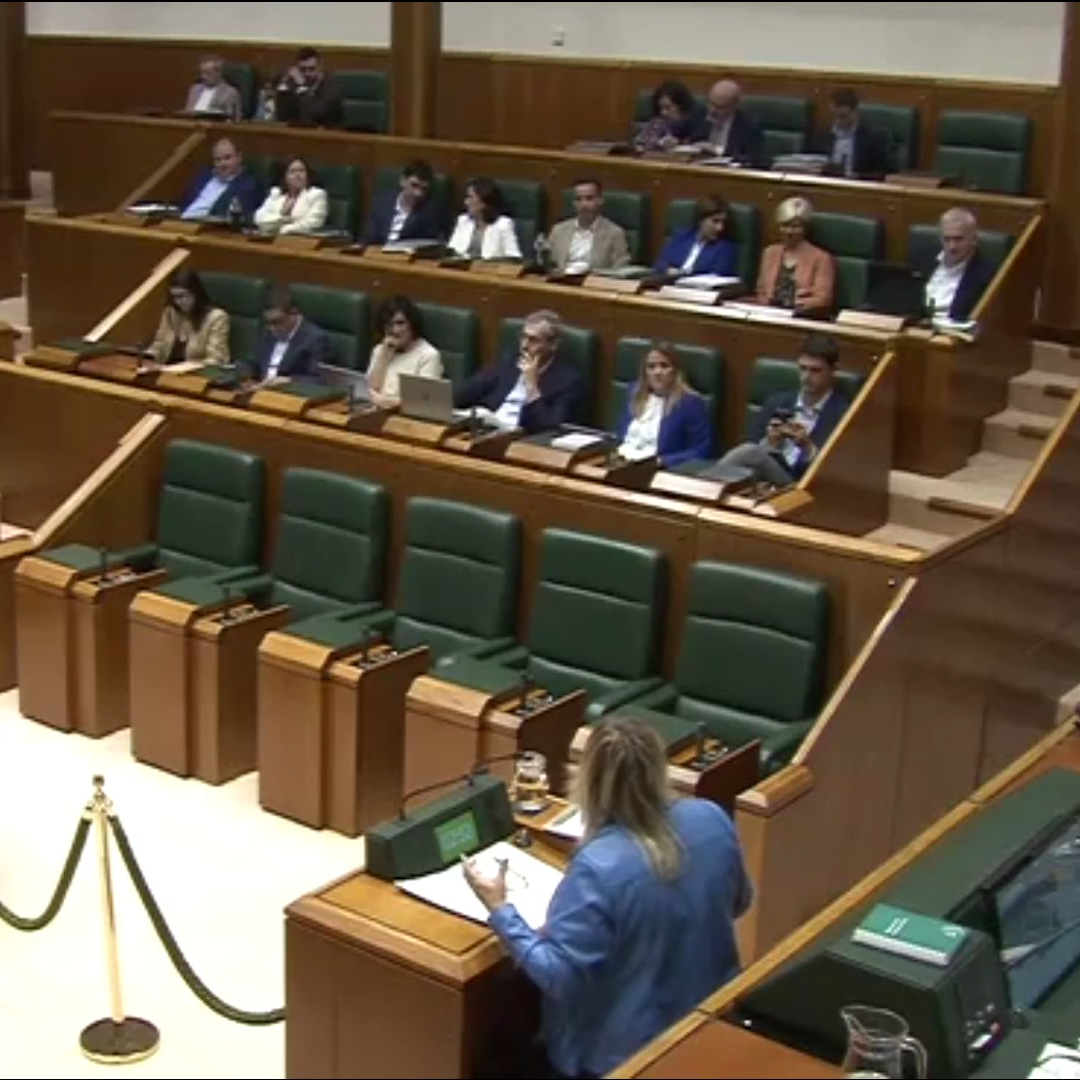Education sponsored by Google
- Families, associations and unions have warned that students have to have a Gmail account from the age of 10 and that they have to work with a laptop called Chromebook.

Since the fourth Elementary School year began in September, the weight of Nico's backpack has risen by a kilo and a half, which is what the Chromebook computer has to carry every day to school. In the notebook works the subjects of Nature, Society and Mathematics. But when you have the duties of those lessons, you also have to bring paper books. In total, the backpack weighed 5.4 kilos on Thursday, while Nico weighed from summer to 31.1 kilos, according to data provided by ETB. Although this weight may be the technological path that has begun to be the most inconsistent in education, it is only the most superficial problem. Parents are trying to control the time they spend on screens at home, but the school has already provided an email address. And it has to get into it through the tech giant Google.
"I see no benefit. It's loaded, families have to buy a computer worth 400 euros, they already have to do typing without mastering the calligraphy... Nico is ten years old and is already sending an e-mail to his friends. E-mail has become a social network for them. I have nothing positive to say about this way of working," explained his father, Manuel Vicario.
"Google and Microsoft make it easier for schools, because through them new consumers are created"
Chromebook is a computer that was promoted by Google in 2009 for use in the field of education. It has little storage memory and is designed to work in the “cloud”. It comes equipped with applications of tech giant in its G Suite for education package.
The implementation of the Chromebook at the public school in Bilbao, Widow of Epalza, caused resentment in the Maximum Representation Body of the centre (OMR, former School Council). In it, several parents showed their doubts and refused to purchase this laptop obligatorily in the Elementary School room. One of these parents is Pablo Garaizar, a computer science professor at the University of Deusto and a strong advocate for free software. It was created in 2017 and is a member of the association of Education booksellers, also made up of 200 people. This association consists of parents, teachers and informatics. Everyone is concerned about the tendency to provide children's data almost involuntarily to Google or Microsoft.
"Google and Microsoft provide all schools around the world with facilities for children to have the first tools to work, because they are creating consumers, more than people who know how technology works," Garaizar said. Theoretically, big tech companies don't get or give in to data from students who store in the cloud. But the trap doesn't take long to come. "Maybe it's not the first thing they do, but the second thing is to create a private Gmail account, out of school, so that we don't get spied on adults." In any case, they are registered every time they open the computer and when they watch the videos of Youtube they no longer do so with the address of an adult.
"It bothers me that we only learn those tools, because the important thing is to learn how to write a document. But for teachers, it's more convenient to work with big companies, because we're usually used to their applications. The result is that Google becomes kind of our sponsor. We believe that we need to work for the alternatives,” he added.
Iñigo Belardi is a dynamic of ICT at the Instituto de Formación Profesional de Tolosa. He has been implementing free software in his center for 18 years and is a reference in the Basque Country. For Belardi, the key to this issue is that "we ourselves manage knowledge, that is all we have to do." It considers information as a "strategic asset", as each center and person must own it. For this reason, the school faculty approved a policy almost two decades ago that gives value to this mandate and allows the implementation of technology in a multidisciplinary way.
"It is difficult to change the synergies of schools and the Basque Government's Department of Education is not being a neutral department. If you want kids to take vitamins, you don't take them to McDonald's."
"We're working five people. Informatics, Quality Officer, Equipment Manager, Director and I, who focus on pedagogy," Belardi explained. Each year, your students make an inventory of the applications they need, as well as the options available in free software. In this course, the Zimbra email was chosen, the Moodle teaching platform and the documents stored in Next-Cloud. All free software. And how do students experience it? "Due to globalizing situations, they do not always understand the importance of the local", he summarized in diplomatic terms, of mistrust of adolescents and of a critical spirit that is not always present.
Chopité Marko is also a bookseller in Education and belongs to the Librezale association that created it. Free software is a group of informatics and translators who are in charge of translating the Basque language and have produced a manifesto to send it to the educational centers of the Basque Autonomous Community and Navarre in the hope of making teachers aware of the importance of working from free software. The document highlights four points: privacy, programmed obsolescence of computers with five-year licenses – after that time Chromebook no longer receives updates and starts to fail – the dependence that is generated with the big technological multinationals and the situation of the Basque country. "It is incongruous that the Basque institutions promote software that is not translated into the Basque language," the Basque informatics and translator himself warned.
Chopite stressed the importance of institutions taking "authority and power". "It is difficult to change the synergies of the centres and the Department of Education is not being neutral. We compare it to food: if you want kids to take vitamins, you don't take them to McDonald's."
According to the Department of Education of the Basque Government to El Salto, the decision to purchase the Chromebook is a matter for schools and the computers purchased by the Department of Education for computer classrooms have dual booting. It can be done with Microsoft or with Linux and the decision is also the responsibility of the center.
"It's amazing that ICT training comes from the hand of a company like Google"
Google, through its press office, defends the following: "We don't sell data, we don't share personal information hosted on G Suite for education with third parties, there are no ads on applications, even when they use the Google search engine," he added. Neither the Department of Education nor Google wanted to provide data on the degree of implementation of Chromebook in the Congress of Deputies.
Steilas, the majority union in Basque education, issued a statement on November 5, warning of "Google intrusism in the last decade" by "significantly increasing the use of G Suite, Google classroom and Gmail applications." The union joins the association of booksellers of Education because "the student body has become an instrument for the search for economic and ideological interests and, consequently, the private institutions put the school in their sights". It therefore considers that "it is incredible that the formation of ICT comes from the hand of a private company such as Google".
Apart from privacy, dependence and the appearance of new users of technological giants, the expert in Education and Psychology Catherine l'Ecuyer, author of the book Harriduran hezi, recalls that in 2015 the OECD warned in the report Students, Computers and Learning that "In general, students who use computers in a proportionate way tend to obtain better results. But very often students who use computers get worse results, even after taking into account the social origin and demographic characteristics of the students".
Tomorrow Nico returns to school with his heavy backpack. Fortunately, it only has to travel a little bit of three blocks. And although at its core the debate about free software is closed, more and more centers are questioning the use of proprietary applications. On Wednesday, a meeting will be held in Tolosa with teachers from different schools and institutes in Euskal Herria to address this challenge from the conscience and try to walk collectively towards a path less dominated by technological multinationals.
EAJk, EH Bilduk eta PSE-EEk ekimen bat adostu dute Eusko Legebiltzarrean Hezkuntza Sailari eskatzeko Iradi software libreko hezkuntza plataforma hedatzen jarraitzeko. Zenbait ikastetxetan ezarri da Iradi orain arte. Baliabide partekatuak, komunikazio zerbitzuak (e-posta eta... [+]
Euskal Herriko bi muturretatik datoz Itziar (Bilbo, 1982) eta Ekaitz (Erriberri, 2002), sortzen ari den Burujabetzaren Aldeko Mugimenduaren berri ematera. Euskal Herrian diren burujabetza prozesu ugariak arloz arlo bultzatu eta indartu nahi ditu BAMek. Lan horretan hasteko,... [+]
I've done a quick analysis of the technology forecasts for 2025. Like every year, when you talk about what technology is going to bring to the media in 2025, the discourse is very similar. Many of us who write about technology have the anxiety of knowing more than it's going to... [+]
The evolution that the Internet has taken over the last 15 years, together with its technological and business model, makes us think that it is a tool to increase the worst aspects of humanity. Around the world, agents have been created that are not satisfied with this idea... [+]



